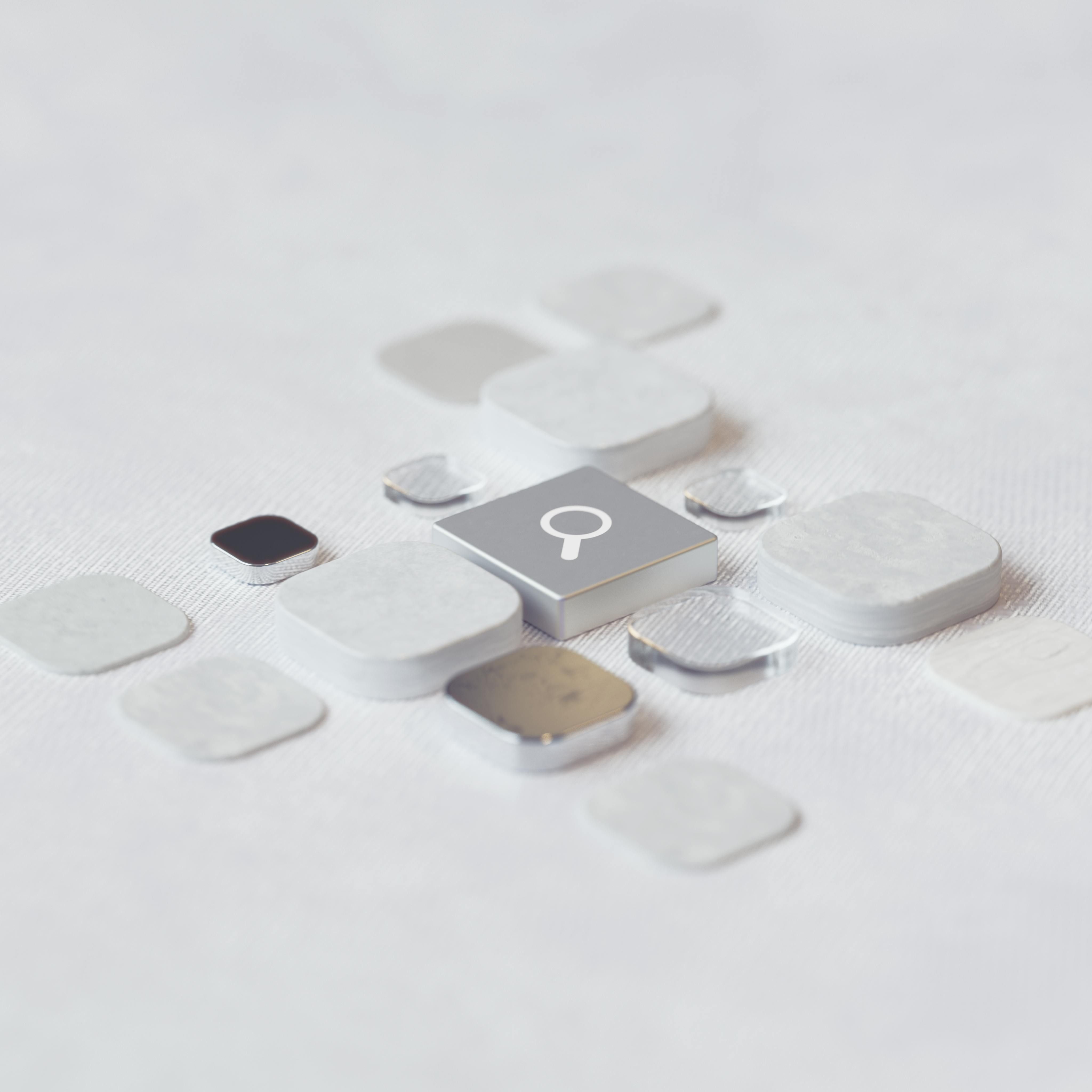Elite sports dietitian reveals the rationale behind minimizing afternoon water consumption.
Staying Hydrated: The Unspoken Key to Better Energy, Mood, and Focus
Hydration is more than just a thirst quencher; it's a critical component needed for maintaining peak energy levels, a great mood, and a sharp focus. But timing and the right amount are crucial for reaping its benefits.
Sports Nutrition Guru, Matt Jones, an esteemed sports nutrition scientist with expertise in training elite athletes and soldiers, shares his five top tips for staying hydrated throughout your day. Known for his work with the Boston Celtics during the 2024 NBA Championship, Jones emphasizes that mastering the art of optimal hydration can significantly enhance performance on and off the court.
Got the thirst? Here's how to find out if you need more water
Drinking enough water is essential for both physical and cognitive performance, irrespective of whether you're an office worker or a professional athlete. Jones explains, "It can impact your mood, decision-making, and how smoothly you go about your daily life."
Thirst might be a common sign of dehydration, but morning thirst, weight fluctuations, and dark urine are three key indicators to check for potential dehydration:
- Waking up thirsty: Morning thirst is an indicator that you've lost fluids during sleep, making it essential to drink more water.
- Daily weight fluctuations: Small weight changes throughout the day are normal, but a drop of 1% or more overnight could signal dehydration.
- Dark urine: Healthy urine is usually pale or light yellow, where a darker shade, resembling amber, may indicate dehydration.
How much water should you drink daily?
Jones recommends a standard guideline of 1 to 1.5 milliliters of water per calorie consumed. For instance, someone burning 2,000 calories a day would need about 2 liters or 8 cups of water daily.
Individuals with higher caloric needs due to increased physical activity or weight will require increased fluid intake as well.
It's all about timing: Drink most of your water before 4 PM
Drinking water late in the day can disrupt sleep due to frequent bathroom trips. Jones advises that his athletes, including the Boston Celtics, drink 80% of their daily water intake before 4 PM to give the body enough time to process all the fluid before bedtime.
Fruit, coffee, and tea are great alternatives
While water is the primary source of hydration, other drinks and foods can also contribute to your daily intake. For instance, your daily cup of morning coffee can help you stay hydrated, just remember to consume it in moderation to avoid excessive caffeine.
Caffeine itself can cause dehydration but when consumed in the form of coffee or tea, it results in a net gain of fluid due to the fluid content in these beverages. Foods like fruits and vegetables also offer electrolytes that regulate the body's fluid balance.
Stay ahead of the game: Drink water before you're thirsty
It's alright to drink water freely during office hours, but if you wait until you're thirsty during intense workouts, it's too late.
Jones emphasizes, "During intense physical activity, especially in warm environments, thirst is not a good indicator of hydration status." To prevent dehydration during workouts, drink water at regular intervals and calculate your sweat rate to estimate the needed fluid intake.
Remember, preventing a dip in performance is as simple as starting your day with rehydration.
Caution: Always consult with a medical professional before making changes to your hydration habits, especially if you're an athlete with a unique nutritional need or health condition.
Trivia
- Non-athletes should aim for approximately 2.7 liters (women) to 3.7 liters (men) daily, including both beverages and water-rich foods.
- Athletes typically need increased water intake due to fluid loss from sweating and exercise, often exceeding 3–4 liters per day.
- Common signs of mild dehydration include fatigue, headaches, dizziness, muscle cramps, sluggishness, foggy thinking, and decreased physical and cognitive performance.
- According to sports nutrition scientist Matt Jones, a crucial indicator of potential dehydration is waking up thirsty, as it suggests fluid loss during sleep.
- Jones advocates consuming 80% of one's daily water intake before 4 PM to avoid disrupting sleep due to frequent bathroom trips.
- Foods like fruits and vegetables, in addition to beverages, can contribute to hydration as they offer essential electrolytes that regulate the body's fluid balance.
- In sports, especially intense workouts in warm environments, Jones warns that thirst is not a reliable indicator of hydration status, and recommend drinking water at regular intervals to prevent dehydration.
- In terms of health-and-wellness, fitness-and-exercise, and sports, staying ahead of dehydration by drinking water before one feels thirsty can help maintain optimal energy levels, mood, and focus.








